Writing: Publishing
Joan Kahn
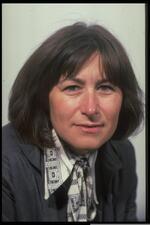
Yehudit Karp
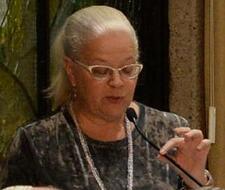
Judith Katzir
Yehudit Katzir (b. 1963) is an Israeli author who emerged as a leading female voice in what had been a male-dominated literary field until the 1980s. Her novels and short stories are noted for their idiosyncratic and lyrical language, as well as their focus on female identity and treatment of taboo themes.
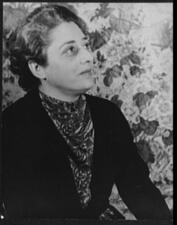
Beatrice Kaufman
Regarded as one of the wittiest women in New York during the 1930s and 1940s, Beatrice Kaufman edited important works of modernist poetry and fiction, published short stories of her own in the New Yorker, and saw several of her plays produced on Broadway. Her life demonstrated that a perceptive, ironic, and acculturated Jewish woman could become a valuable contributor to New York’s literary subculture.

Joyce Jacobson Kaufman
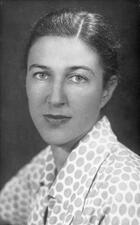
Nancy Florence Keesing
Nancy Keesing was an influential figure on the Australian literary scene, not only as an author, editor, and critic, but also as an advocate and administration. She wrote poetry and ensured the preservation of nineteenth-century Australian songs and rhymes.
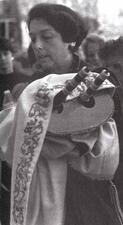
Francine Klagsbrun
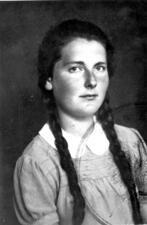
Bronia Klibanski
Bronia (Bronka) Klibanski was one of the heroic Kashariyot (couriers) of the Jewish resistance during the Holocaust. She became the primary kasharit for the Dror Zionist group in 1943, obtaining critical weapons for the Bialystok ghetto revolt, gathering intelligence, rescuing other Jews, and saving the secret archive of the ghetto.
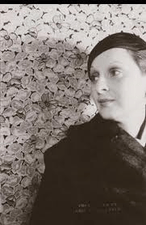
Blanche Wolf Knopf
Blanche W. Knopf made the publishing firm she shared with her husband one of the most respected in the world, bringing some of the greatest American and European thinkers of the twentieth century to an American audience.
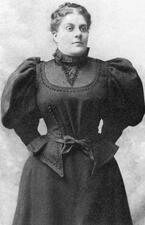
Rebekah Bettelheim Kohut
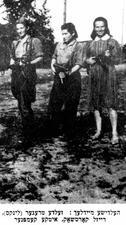
Rozka Korczak-Marla
Rozka Korczak-Marla was active in underground resistance during World War II, serving in the United Partisan Organization to smuggle weapons into the Vilna Ghetto and help Jews escape. After the war she immigrated to Palestine and settled into kibbutz life.
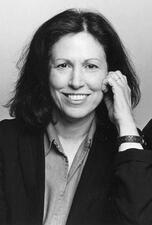
Beryl Korot
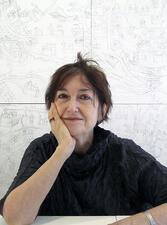
Joyce Kozloff
Joyce Kozloff is an internationally recognized painter, public muralist, and feminist whose long-term passions have been history, culture, and the decorative and popular arts. One of the founders of the pattern and decoration movement, Kozloff is dedicated to creating her own work and giving the folk art of women of color a voice. Kozloff is known as one of America’s more original and engaging artists.
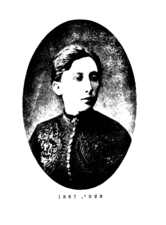
Pati Kremer
Pati Kremer was one of the pioneers of the Jewish workers’ movement in Eastern Europe. Already an active member in the 1890s of the so-called Vilna Group, the precursor to the Bund, she remained closely associated with the Jewish workers’ party until her death in the Vilna Ghetto.
Mariana Kroutoiarskaia
Mariana Kroutoiarskaia was a talented Russian composer and music producer who dedicated her entire life to music, film, and television. Kroutoiarskaia worked as a music editor for Russian television, a lecturer, and a composer for many films. She also supervised the arrangement and publication of music for children by various composers.

Anna Kuliscioff
Born in Russia but educated in Switzerland, Anna Kuliscioff became one of the key figures in Italy’s early socialist movement and was a feminist advocate who concentrated on poor women’s issues. In her later life, she helped publish a socialist periodical and hosted a prominent salon, often with her partner Filippo Turati.
Ladino (Judeo-Spanish) Press in the United States
The Ladino press of the United States, still largely unexplored, is the most vital source for the multifaceted history of Sephardic women in early twentieth-century America. Though the editors, along with much of the readership, were male, these numerous publications are an important source of information about the social status and activities of Sephardic women, and even more so, illuminate male perception of them.
Florence Nightingale Levy
Florence Nightingale Levy’s most significant achievement was the founding of the American Art Annual in 1898. A comprehensive directory of the American art world, the Annual catalogued schools, associations, exhibitions, and artists nationwide. Levy went on to perform invaluable editing, organizing, and educational roles in the American art world for the next fifty years.
Lenore Guinzburg Marshall
Lenore Guinzburg Marshall, novelist, poet, activist, and literary editor, pushed her publishing company to publish William Faulkner’s The Sound and the Fury after it had been rejected by twelve other publishers. She published her first novel, Only the Fear, in 1935 and her first poetry collection, No Boundary, in 1943, going on to write poetry, novels, short stories, essays, and a memoir.
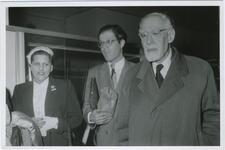
Lilli Marx
Born in Berlin, Lilli Marx emigrated to England as a young adult but returned to Germany, where she helped institute a national Jewish weekly newspaper and worked to create a dialogue between German society and the Jewish community. She contributed to the creation of several Jewish organizations, notably the League of Jewish Women, and continued to work in social work until her death.
Marion Simon Misch
Marion Misch participated in a great number of volunteer activities through her lifetime, all the while running a successful business following the death of her husband. Her primary interests centered on education and Judaism, and her volunteerism reflected her concern for these issues.
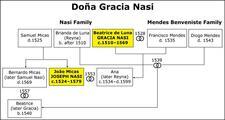
Doña Gracia Nasi
Doña Gracia Nasi was the embodiment of passionate solidarity among exiles. As a young woman she inherited her husband’s fortune, and fled from Lisbon to Venice to Ferrara, where her family lived openly as Jews for the first time. In Constantinople, she assumed a role of leadership in the Sephardi world of the Ottoman Empire.
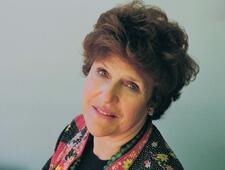
Joan Nathan
Award-winning journalist and cookbook author Joan Nathan is a transformative figure in documenting and exploring the evolving Jewish experience both in America and around the globe through the powerful lens of food. A long-standing contributing writer to The New York Times and Tablet Magazine, Nathan is the author of eleven books, as well as hundreds of articles, podcasts, interviews, and public presentations about Jewish, global, and American foodways.
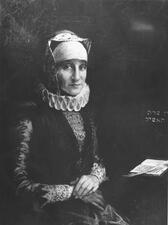
Old Yiddish Language and Literature
Women played a central role in the development and evolution of Old Yiddish literature. Old Yiddish literature was published with women’s literacy in mind, most nominally for women’s religious practice and learning.
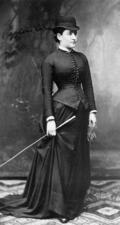
Bertha Pappenheim
Bertha Pappenheim was the founder of the Jewish feminist movement in Germany. In 1904, she founded the League of Jewish Women. Pappenheim believed that male-led Jewish social service societies underestimated the value of women’s work and insisted on a woman’s movement that was equal to and entirely independent of men’s organizations.


